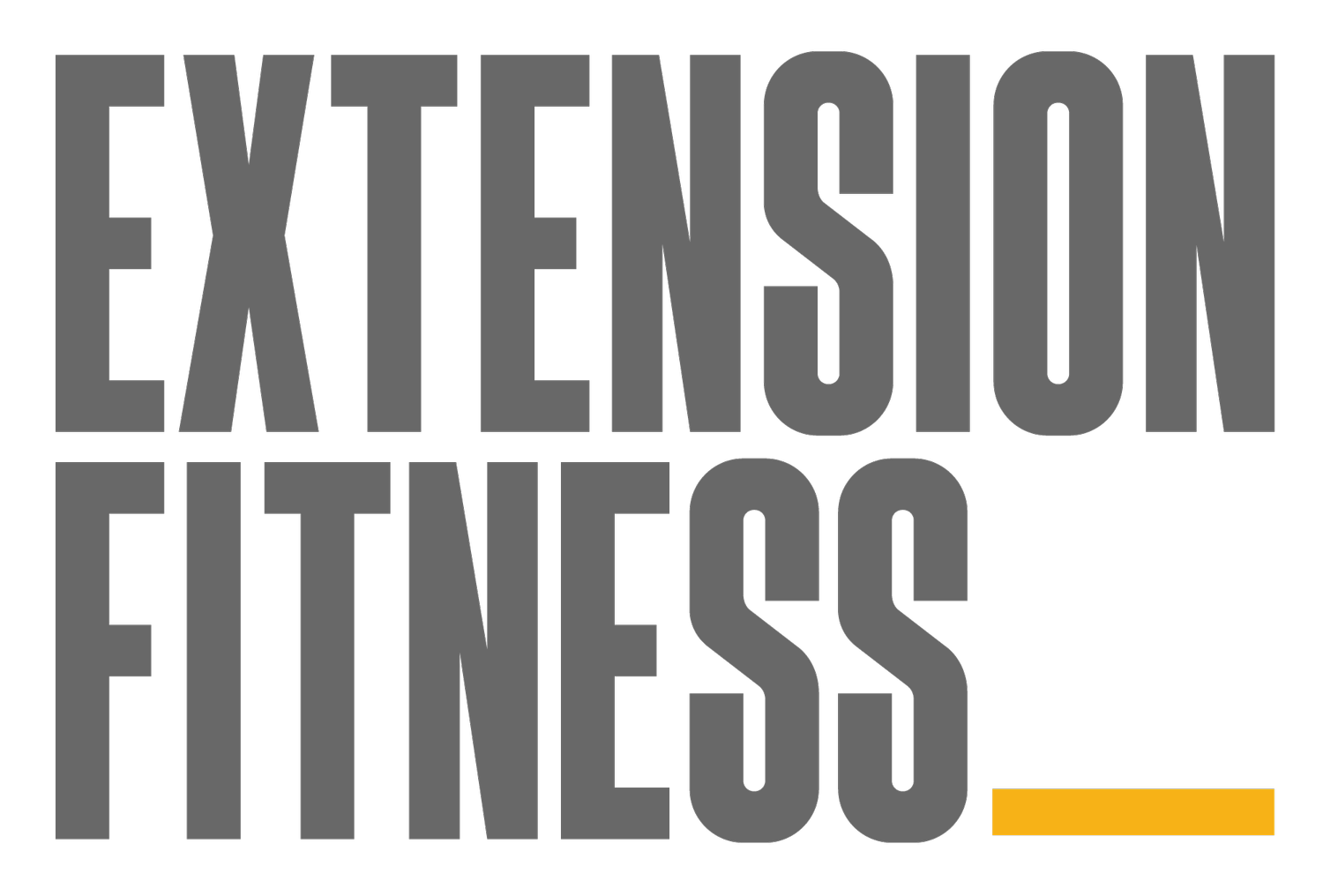Exercise-Induced Appetite Changes Can Drive Weight Loss
Have you ever asked yourself, “Does exercise burn energy?”
Many people feel a sense of frustration at how little energy may be “burned” in a workout,
“30 minutes of slogging my guts out and it only burns off 1 mars bar!” (Or words to that effect).
While it’s true that the amount of energy used in training sessions is comparatively small when compared to how many calories you expend in day-to-day life (including sleeping!), you should not lose heart or think that physical training has no impact on weight management.
The effort and toil put into training may be indirectly contributing to maintaining a healthy weight through means other than energy expenditure during training.
Put simply, just because you burn few calories in an exercise session, it does not follow that exercise is ineffective for weight management.
This is because exercise can affect many facets of your physiology, including energy INTAKE - via your appetite.
Just as strength gains through resistance training are heavily mediated through the nervous system (and not just via bigger muscles), improvements in body composition can be due to factors which indirectly effect energy intake and expenditure.
Appetite and satiety (the feeling of satisfaction with how full you are - as opposed to hunger) are affected by exercise in the short-term (acute effects) and the long term (chronic effects).
The effect of exercise on appetite has been studied for aerobic and resistance training. According to this review article, the contours of the effect are as follows:
Although there is considerable variation in the appetite response to exercise (i.e. different people may or may not feel more or less hungry after acute training), there is very often a short-term reduction in hunger after training. This effect is considerable for moderate to high intensity aerobic training, but not so profound for resistance training.
The response to long-term training is also highly variable, but in general terms people experience enhanced satiety sensitivity (the degree to which you feel satisfied after eating) when they are engaged in regular exercise. And, again, this effect is more pronounced for moderate to high intensity aerobic training versus resistance training.
These mechanisms are mediated by numerous factors including the hormonal system. Researchers have looked at several hormones which they believe play a key role in appetite suppression immediately after exercise:
Ghrelin, a hormone which signals hunger, is present in lower blood concentrations after exercise
PPY, GLP-1 (which is imitated by the popular drug Ozempic), & PP are satiety hormones which increase in the blood during and after training
(NB: Blood concentrations of these hormones return to normal within hours of a training session)
The hormones which are thought to modulate appetite and satiety signalling in habitual exercisers are;
Leptin, which reduces hunger and signals satiety, can be decreased after long term training (leading to an increase in appetite)
Insulin, which can also be reduced and therefore potentially reduce hunger signalling
PYY, GLP-1 and PP as described above, leading to an increased sense of satisfaction after eating
Again, I’ll stress that the article stated that the hormonal responses can vary quite a lot between individuals (and there are methodological issues and limitations with the research - according to the reviewer). Also, the subjective effect on appetite - which is the main game, really - is not always affected for the better.
So, what’s my point?
I’m hoping this article will affect you in the following way.
When you feel as though training will be a waste of time because you are rushed, consider just doing as much as you can (even if it is 10 minutes).
If you are training for body composition reasons, and it’s true that the effects of exercise on satiety are significant FOR YOU, it may be that you can extract a great deal of health benefit in 10 minutes only.
You just need to reorient your thinking. Instead of saying, “I only have ten minutes, it’s not going to do anything”, think to yourself that you’re re-training your appetite signalling systems not just burning calories.
